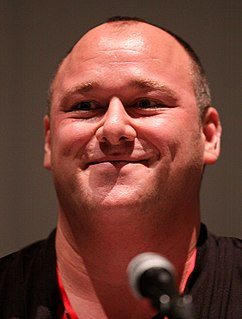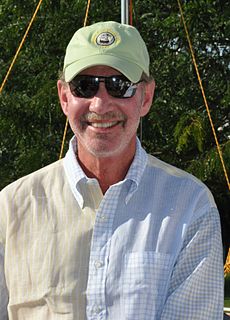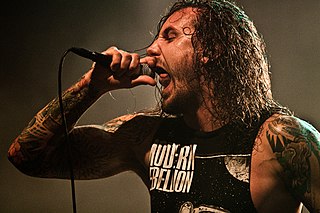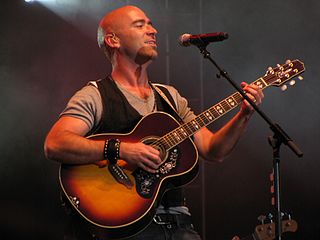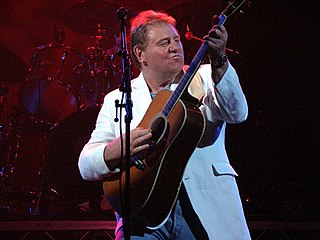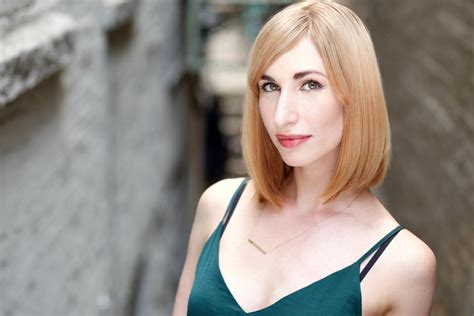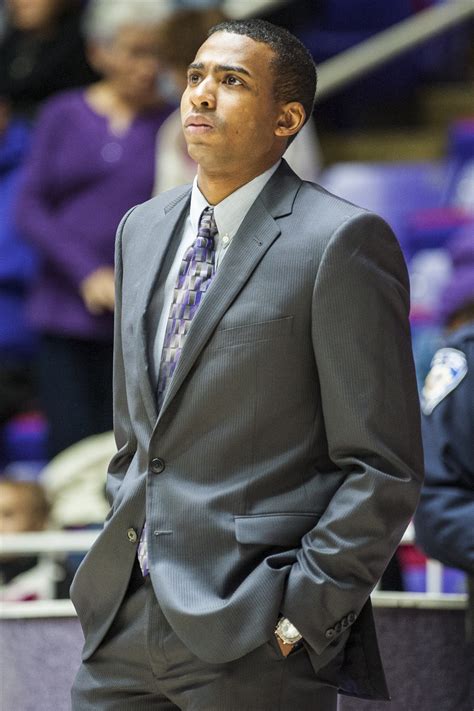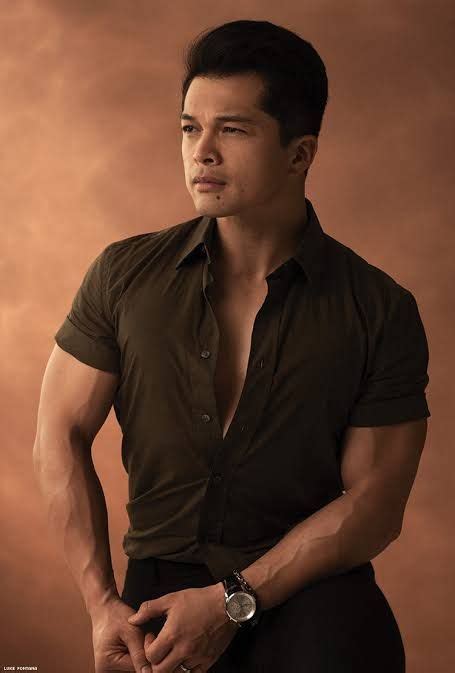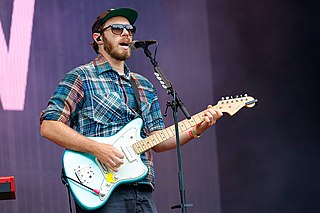A Quote by G-Eazy
It's our approach to treat each show like an arena show. We over-invest in production to make the stage look bigger, turning the show into an experience and not just somebody standing around with a microphone rapping.
Related Quotes
When you put yourself out there as an expert and the people you are trying to attract are people who want to do the very show you are doing, guys standing around, sitting around arguing with each other over sports, if you make a mistake that lights up like a flare in the middle of the night. You've just got to correct that or else they're going to say, 'Well, why do these dopes have that show? I can go out there and be just as good as them.'
Those first big concerts we played as 'Throwing Copper' started to really reach people worldwide - I think we played our first big arena show at the George Estate basketball arena down in Atlanta. I remember showing up and standing on stage and just being like, 'I can't believe this is going to be full of people. This is huge.'
It was actually the production group that ended up producing the show for us...Every musician, especially in the hip-hop community, you always make these show recaps or vlogs, and essentially what "Touring's Boring" was is, we tried to make our vlogs interesting and almost more like a TV show. That's how we got discovered by TV.
It [The Esemblist] is also about the generation of audience members that are watching shows and listening to us at the same time; hopefully, in time, when they listen to our show and then go see a show, they'll realize even more what it takes to make a show, and they'll know even more about everybody on stage, rather than just people above the title of the show.
The way I try to explain it the best is that if Critic A from publication A hates our show, and Critic B from publication B loves our show, what are we supposed to do with that? We have to just respect everyone's opinions and go on making the show we want to make. I've never worked on a show that was altered by critical reception. You just can't afford to do that. So in that regard, it's actually no different that working in theater. It's just a lot more voices.
The ROH guys looking at the New Japan guys coming over, we're just psyched. We think, "oh great this is just going to make our show even better." The respect level with New Japan and ROH is at an all-time high. And anytime we get a company like New Japan Pro Wrestling on a ROH show, it just benefits our show. It has everybody all jacked up, ready to do the best we can like we always do.

